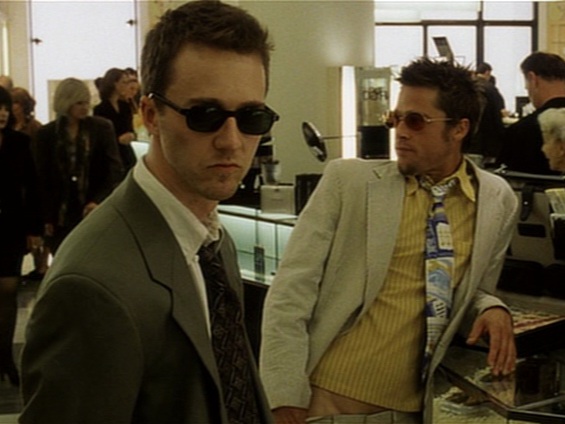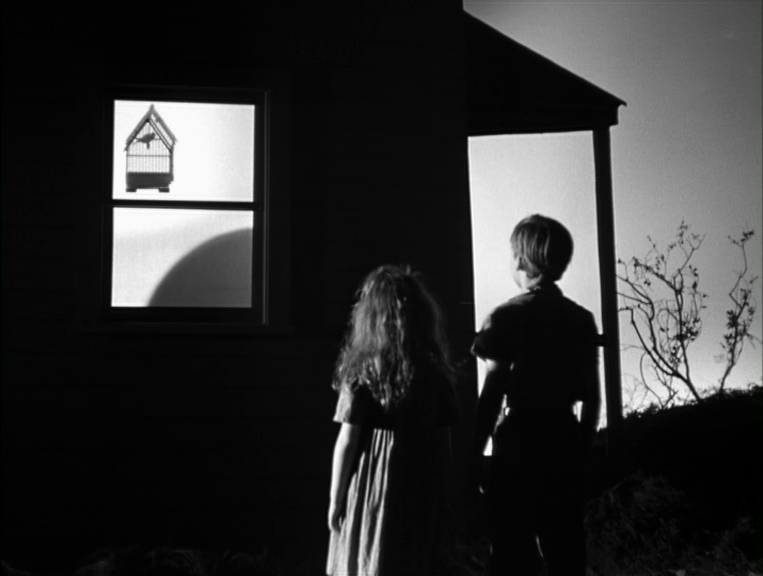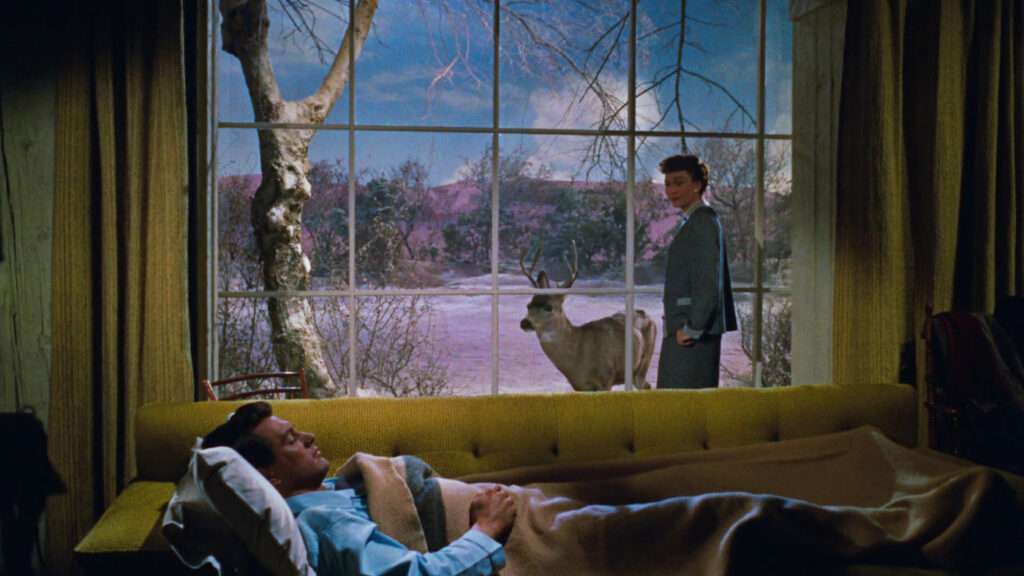Released in 1999, Fight Club is a thought-provoking film that explores themes of masculinity, consumerism, and the human search for meaning. Directed by David Fincher and based on Chuck Palahniuk’s novel, the film delves deep into the philosophical underpinnings of society and human existence. This article explores the philosophy of Fight Club, examining its critique of modern life, its exploration of identity, and the existential themes that make it a cult classic. Warning: this article contains spoilers. If you haven’t seen the film, do not read from this point onward.
The story follows Jack (Edward Norton), a depressed and insomniac office worker who is struggling to find purpose in his life. He attends support groups for various illnesses, even though he does not suffer from any of them just to find solace. At one of these support groups, he meets Marla (Helena Bonham Carter), a woman who is also pretending to have illnesses to attend the support group. Jack is instantly attracted to her but becomes increasingly annoyed when she starts attending all the same meetings as him. As Jack’s life continues to spiral out of control, he encounters Tyler Durden (Brad Pitt), a charismatic and mysterious man who he forms an unlikely friendship with.
Together, Jack and Tyler form a secret fight club where men can come and release their repressed anger and frustration through physical fights. As the club gains more members and becomes increasingly violent, Jack begins to question Tyler’s intentions and the true nature of the club. As the plot unravels, it is revealed that Tyler is a figment of Jack’s imagination, created as an alter ego to help him cope with his mundane life. However, the club has turned into a cult-like organization with Tyler as the leader, and Jack must confront his own personal demons and the consequences of his actions.
In the climactic ending, Jack finally accepts the truth about Tyler’s existence and begins to find inner peace. The film ends with the destruction of the financial district building, which symbolizes Jack’s rejection of materialism and the societal norms that drive his depression in the first place.
Critique of Consumerism
Fight Club provides a scathing critique of consumerism and the materialistic values that dominate modern society. Through the character of Tyler Durden, the film exposes the emptiness and superficiality of a culture driven by the constant pursuit of possessions and status. The film challenges viewers to question their own relationship with consumerism and consider the impact it has on their lives and sense of self-worth.
Masculinity and Identity
Fight Club presents a complex examination of masculinity and the crisis of identity faced by modern men. The film explores the toxic effects of societal expectations and the pressure to conform to traditional notions of manhood. Through the creation of an underground fight club, the film delves into the idea of reclaiming a sense of agency and finding purpose in a world that can often feel suffocating and emasculating.
The Duality of Self
One of the central themes in Fight Club is the exploration of the duality of self. The film blurs the distinction between the narrator, played by Edward Norton, and his alter ego, Tyler Durden, portrayed by Brad Pitt. This blurring of identities raises questions about the nature of self and the internal struggles individuals face in reconciling their desires, fears, and societal expectations. The film challenges viewers to confront their own internal conflicts and the masks they wear to conform to societal norms.
Anarchy and Rebellion
Fight Club presents anarchic tendencies as a means of rebellion against the constraints of modern society. The film depicts a group of disenfranchised men seeking liberation from the monotony and alienation of their lives. Through acts of violence and destruction, the characters in Fight Club reject the consumerist system and embrace a form of liberation that offers a sense of agency and freedom.
Existentialism and Nihilism
The philosophy of existentialism and nihilism is deeply woven into the fabric of Fight Club. The film explores the existential crisis faced by the characters, who find themselves disillusioned with the meaninglessness of their lives. It raises questions about the nature of existence, the pursuit of authentic experience, and the search for meaning in a world that seems devoid of purpose.
Conclusion
Fight Club is a film that goes beyond mere entertainment, delving into profound philosophical themes that challenge societal norms and force viewers to question their own lives. Its critique of consumerism, exploration of masculinity, and examination of identity make it a thought-provoking and enduring work of art. The film’s philosophy of rebellion, duality of self, and existentialism resonates with audiences, prompting reflection on the complexities of modern life.




